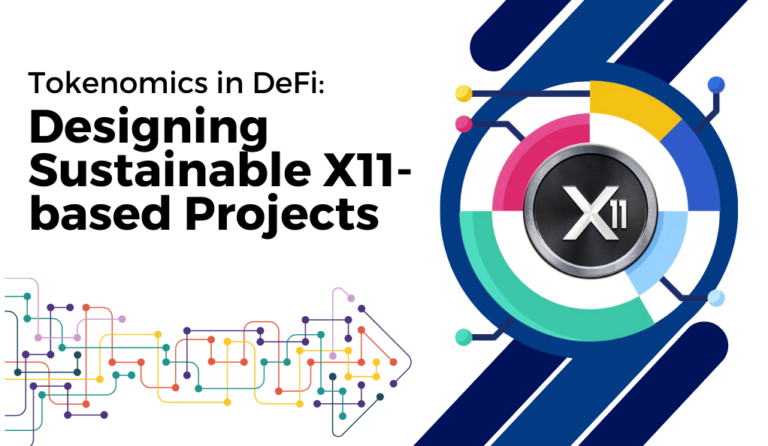The world of data storage and processing is rapidly evolving, and one of the most exciting developments in recent years has been the rise of decentralized data warehouses. Traditional data warehouses have long been the backbone of business intelligence, enabling organizations to collect, store, and analyze vast amounts of data. However, they have also come with their fair share of limitations, such as centralized control and scalability issues. Decentralized data warehouses offer a new paradigm, leveraging distributed architecture to revolutionize the way we build and interact with decentralized applications (DApps) and dashboards.
The Rise of Decentralized Data Warehouses

Decentralized data warehouses are a direct response to the limitations of traditional centralized data warehouses. In a decentralized architecture, data is not stored in a single location or controlled by a single entity. Instead, it is distributed across multiple nodes in a peer-to-peer network. This decentralized nature brings several benefits. Firstly, it eliminates the risk of a single point of failure, as data redundantly exists across multiple nodes. In the event of a node failure, the data can still be accessed and processed. Additionally, decentralized data warehouses offer improved security and privacy, as data is encrypted and protected by the underlying blockchain technology.
Furthermore, decentralized data warehouses are inherently scalable. Traditional data warehouses often struggle to handle large volumes of data, resulting in latency issues and performance bottlenecks. By distributing data across a network of nodes, decentralized data warehouses can handle increasing data volumes with ease. New nodes can be added to the network, allowing for horizontal scaling and improved processing capabilities. This scalability is particularly crucial for DApps and dashboards, as they often require real-time access to vast amounts of data.
Transforming DApps and Dashboards with Distributed Architecture
Decentralized data warehouses have the potential to revolutionize the way DApps and dashboards are built and operated. With traditional centralized data warehouses, DApps and dashboards are heavily reliant on a single entity for data storage and processing. This introduces a central point of control and potential vulnerability. In contrast, decentralized data warehouses distribute the data across multiple nodes, removing the need for a central authority. This decentralized nature aligns perfectly with the principles of blockchain technology, ensuring transparency, immutability, and security.
Moreover, decentralized data warehouses enable developers to build DApps and dashboards that are more resilient and fault-tolerant. As the data is replicated across multiple nodes, the failure of a single node does not result in data loss or service disruption. Applications built on top of distributed data warehouses can continue to operate seamlessly even in the face of node failures. This enhanced reliability is critical for mission-critical applications that require high availability and uninterrupted service.
The rise of decentralized data warehouses represents a significant milestone in the evolution of data storage and processing. By leveraging distributed architecture, these decentralized solutions address the limitations of traditional centralized data warehouses while offering improved scalability, security, and reliability. For DApps and dashboards, this means greater autonomy, transparency, and resilience. As the decentralized ecosystem continues to grow, decentralized data warehouses will play a crucial role in powering the next generation of innovative applications and dashboards.
At axerunners.com, our goal is to furnish well-rounded and trustworthy information regarding cryptocurrency, finance, trading, and stocks. Nonetheless, we avoid providing financial advice and instead encourage users to conduct their own research and meticulous verification.
Read More













+ There are no comments
Add yours